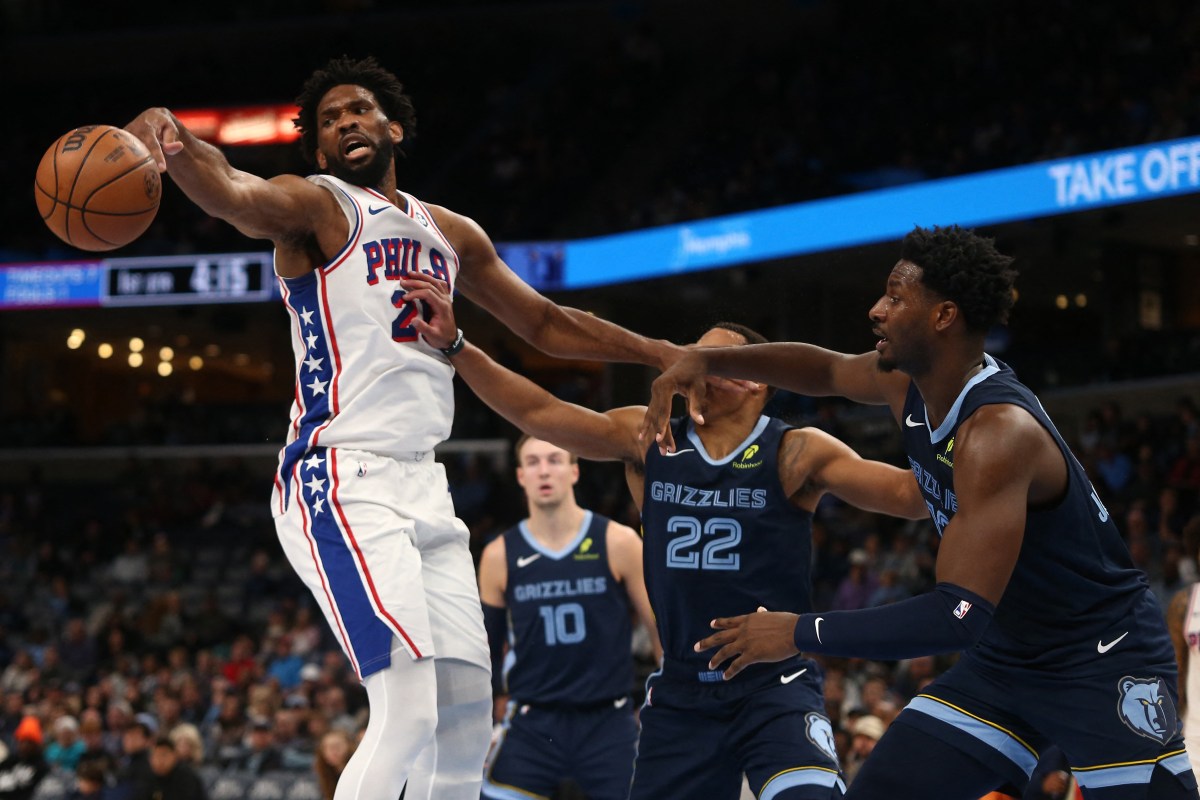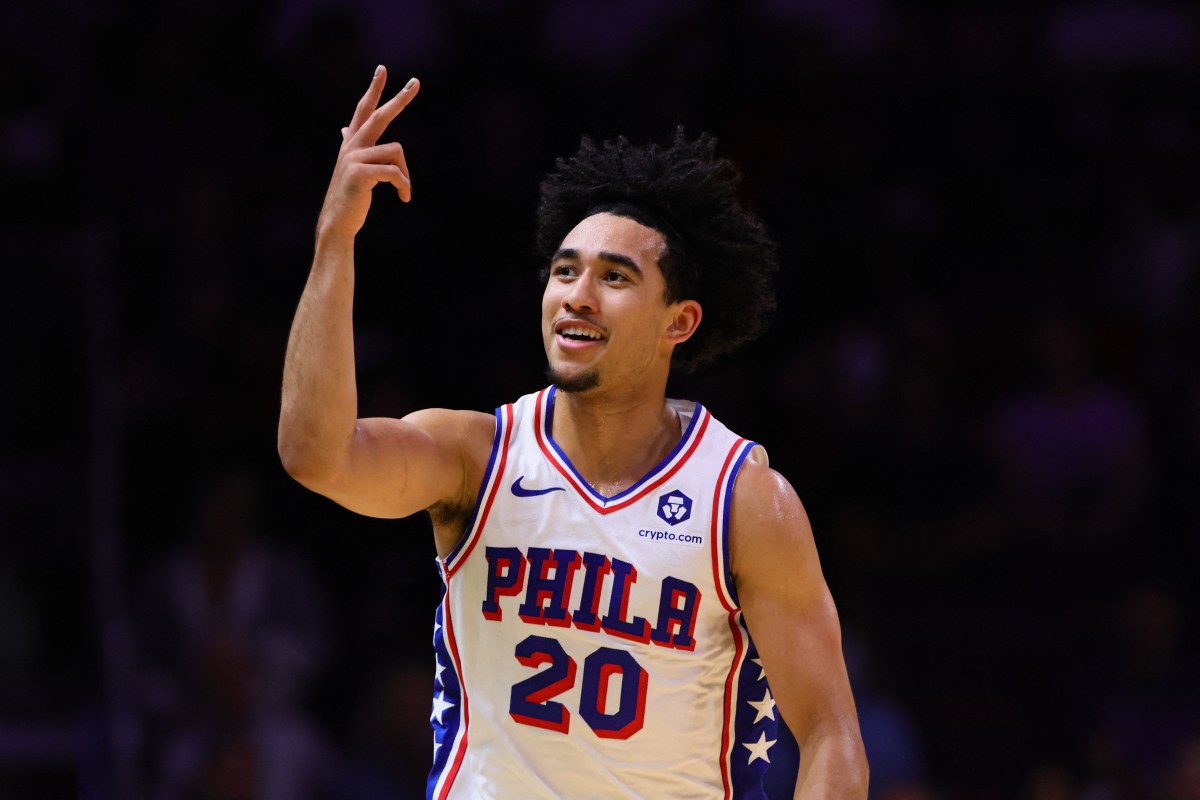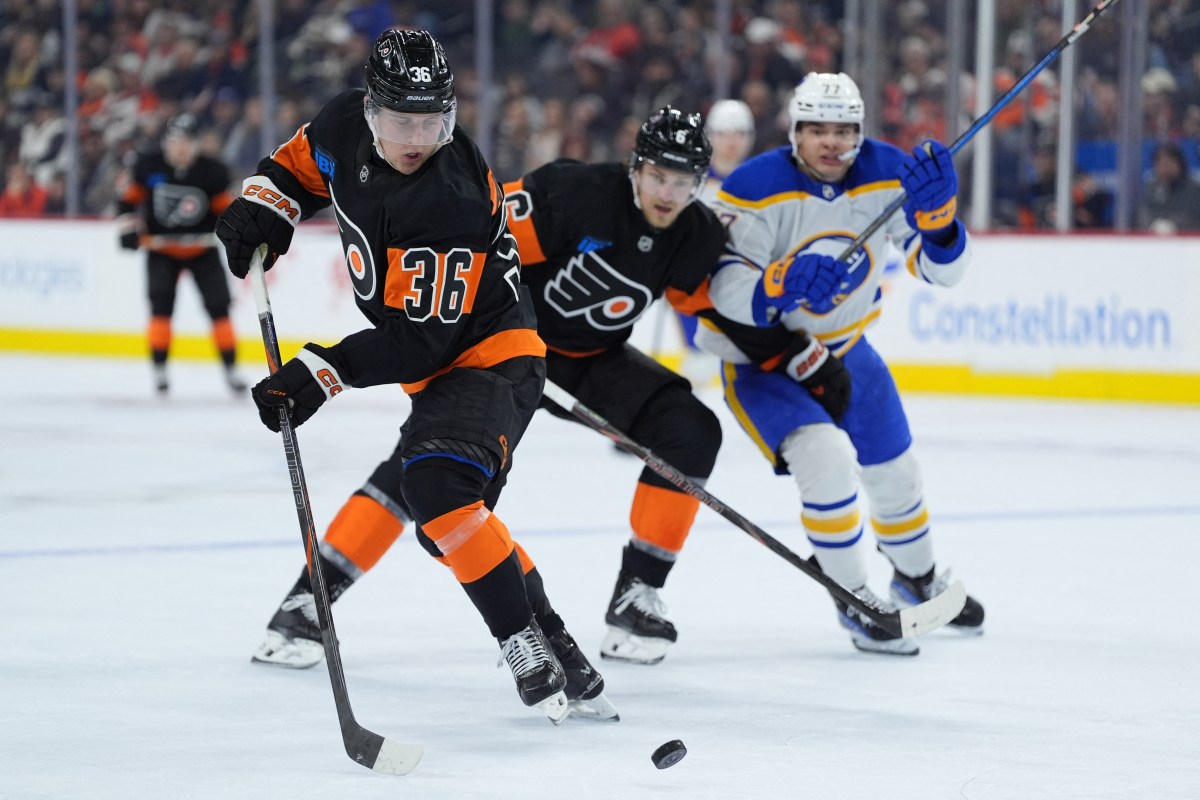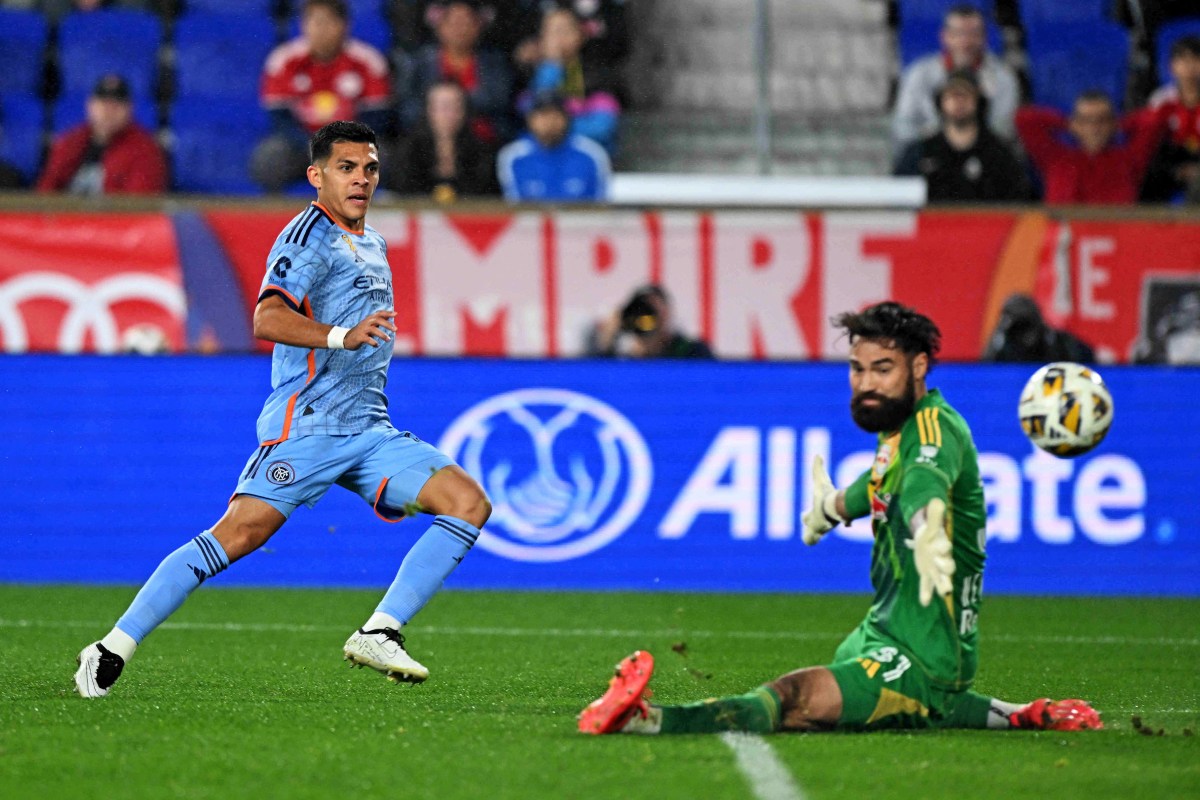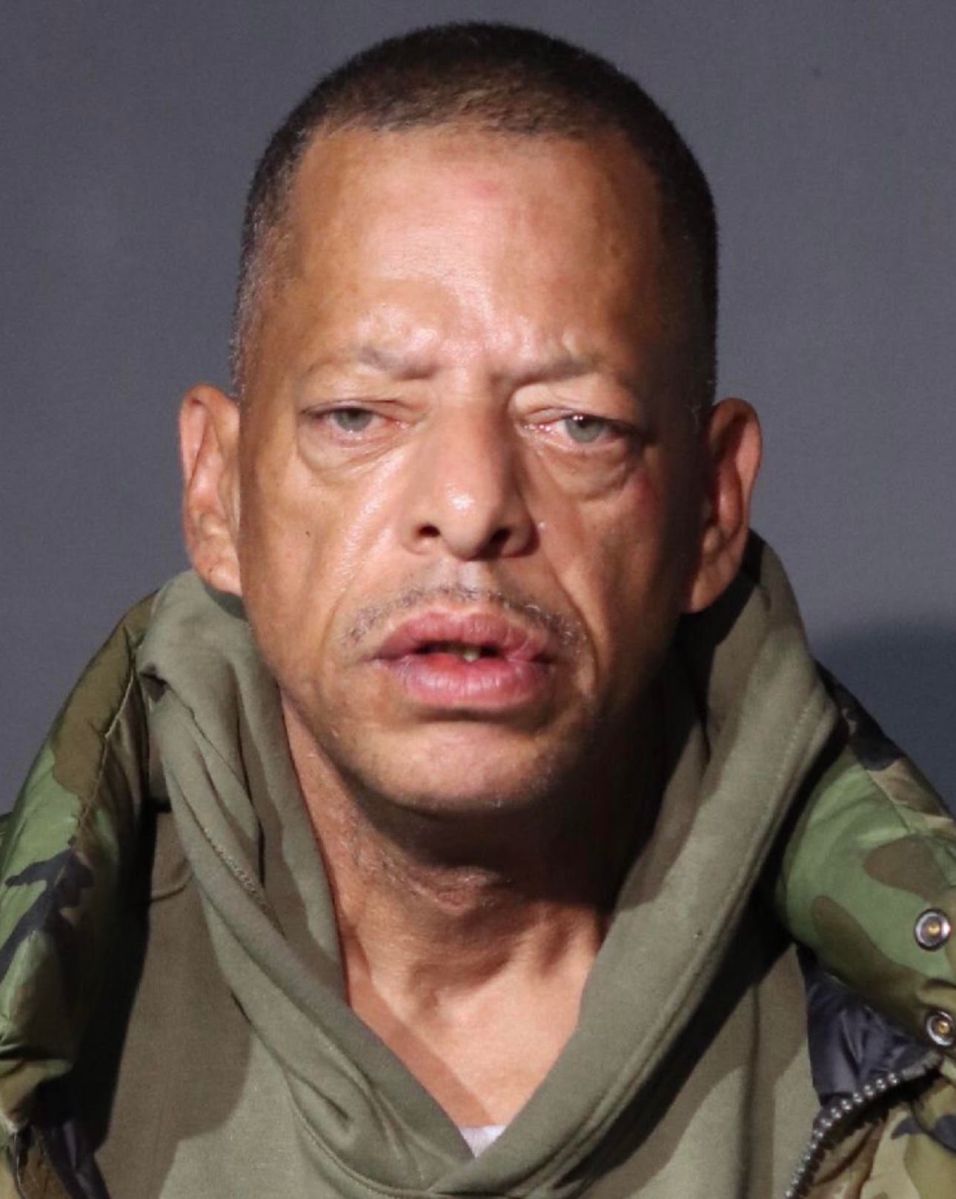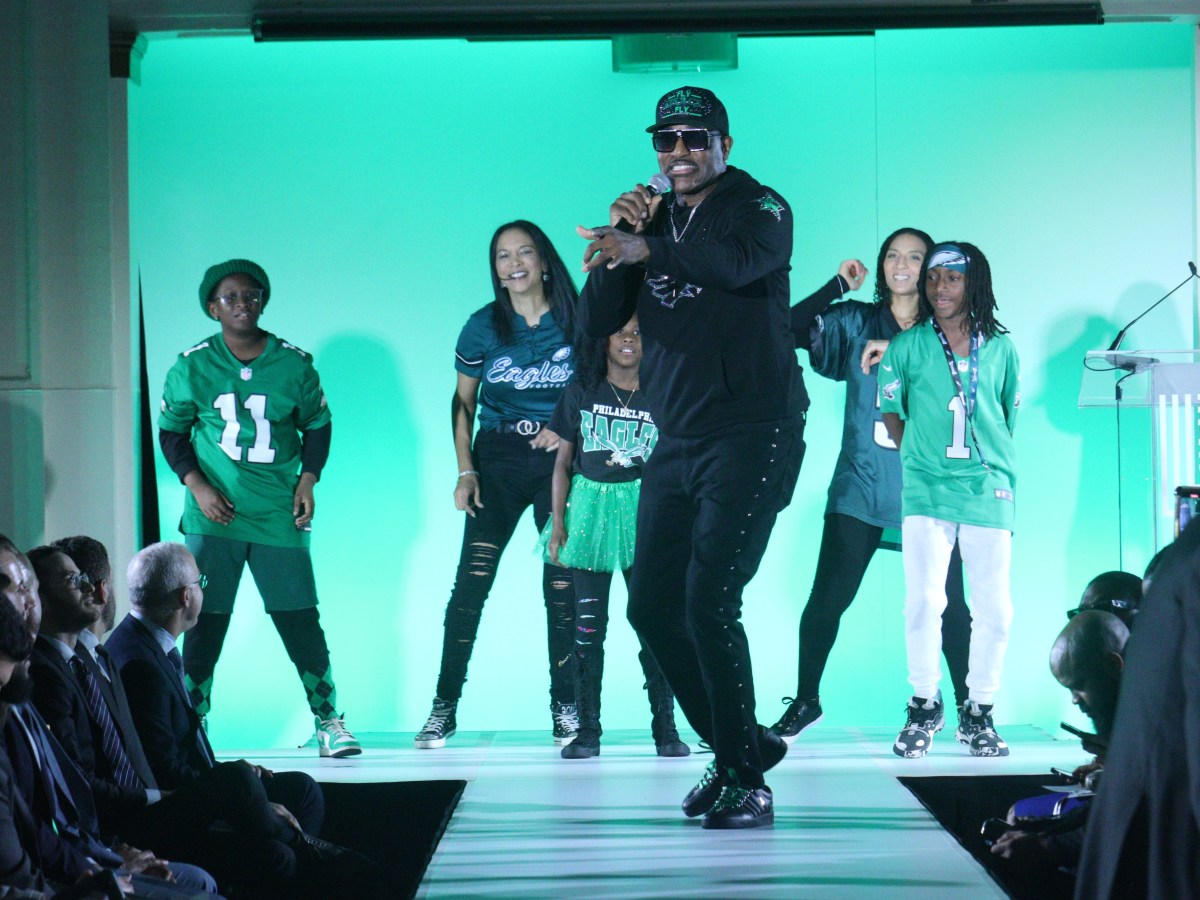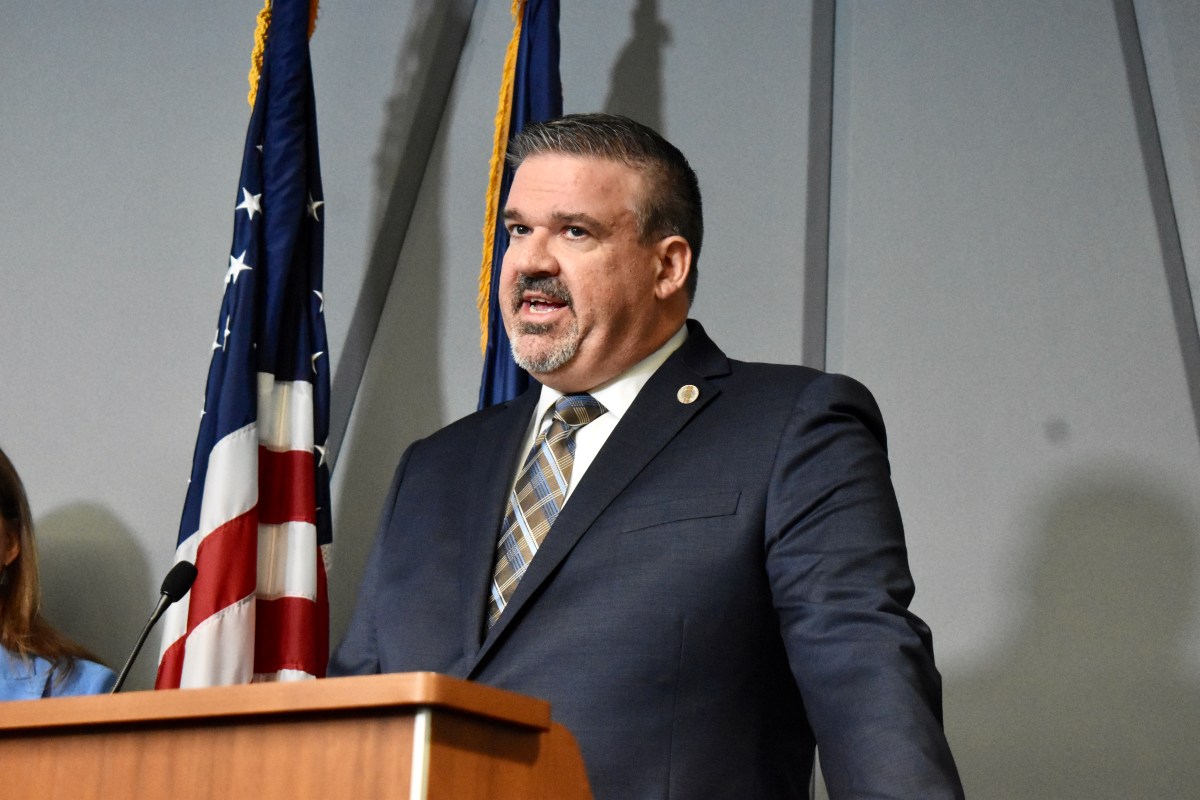Following Gay Pride Month in June, we took the opportunity to sit down with playwright Mike Bartlett and discuss some of the inspiration and meaning behind his controversially titled play, “Cock.” Also known as “The Cockfight Play,” this work — which is currently playing at the Duke Theatre in Times Square — is about John, a gay man who falls in love with a woman and struggles to figure out what that means for him, his female lover and his boyfriend. It’s staged in a ring of plywood stadium seating around a small green floor wherein the characters circle each other through rounds of verbal sparring about sexuality, identity and labels.
What inspired you to write this play?
It was two things: I had noticed there were a lot of people I knew who would say they were gay or say they were straight, but had experiences that were the opposite of that. … And then I went to Mexico with a playwright’s exchange at the Royal Court Theatre. I don’t know if this had anything to do with it, but it was in the Zona Rosa, sort of the gay district, where I was staying. I was fascinated that in Mexico they still do cockfights, and they still do bullfights. I didn’t see a cockfight, although I saw them take the cock around the village before the fight. But I did go to a bullfight. And you realize that it’s an activity where you come together for a ritualized killing of an animal — where you come because they’re going to suffer, and you’re like a mob surrounding this fight to the death.
The premise and the theater-in-the-round style were always built in?
Yes, always, that we look down on them, so it’s like we’re judging them, like in a bullfight or a cockfight — a very small stage and quite steep seating. And of course that’s brilliant, that’s perfect for what we’re trying to do. And there was an idea from the beginning that there’s no set or props or costumes, there’s not even naturalistic movement, it’s just [a few people] concerned with the drama and what they’re trying to do with each other. Because at a particularly argumentative dinner party, or when you’re really into conversation with someone, or on a great date, you don’t think about the surroundings, all you’re concerned about is the other people.
So talk to me about the title.
About six scenes in, I realized that it was like a cockfight … and I was getting really irritated with the main character because he wouldn’t make any decisions. And I don’t know if it’s true here, but in Britain if someone’s really irritating you like that, you think “Oh, he’s a complete cock” — he’s not a dick, he’s not an asshole, he’s a cock. I often think a title works in dialogue with a play. The audience comes in knowing the title, so they’re often thinking: “How does the title relate to this scene or this character or this moment?” … That’s why it’s called what it’s called. And it’s been a much bigger issue here than it was in London.
Is John choosing between the two people, or is he figuring out his sexuality?
I feel like he’s got to be choosing the person. For her, it happens to come with what she wants in her life — kids and a family. And they’ve talked about that, and he’s enjoyed planning that future with her. And with [his boyfriend], he knows the life they’ve had together and he’s enjoyed it a lot, I think. He says it’s about the person you’re with, not the gender — but the sexuality is the thing that’s getting in the way. He feels like he’s made a choice about his sexuality, which means he can’t choose the person. Or if he does, it means he has to recalibrate [his sexuality]. … It’s more pressure to conform to those clear definitions, but what he actually wishes he could do is just choose between the two people.
Do you think he’s bisexual?
I think if you are trying to make an on-the-nose personal politics statement, theater’s a really bad place to do it. If you know what you think about something, just get on and say it. The audience isn’t going to forgive you for spending an hour and a half trying to express that through the dramatic form. All I know is the story, and what John’s struggling with, and that’s based on what I saw in the world. I think it was very interesting that a lot of people do want to know my sexuality. And I think that’s exactly at the heart of the play: Why do we need to know what people do in the bedroom and the gender of the people they have sex with? What is society’s need to be able to categorize and know publicly [about someone’s] sexuality? That’s fascinating. And I think it’s my job to ask those questions — but not necessarily to answer them.







